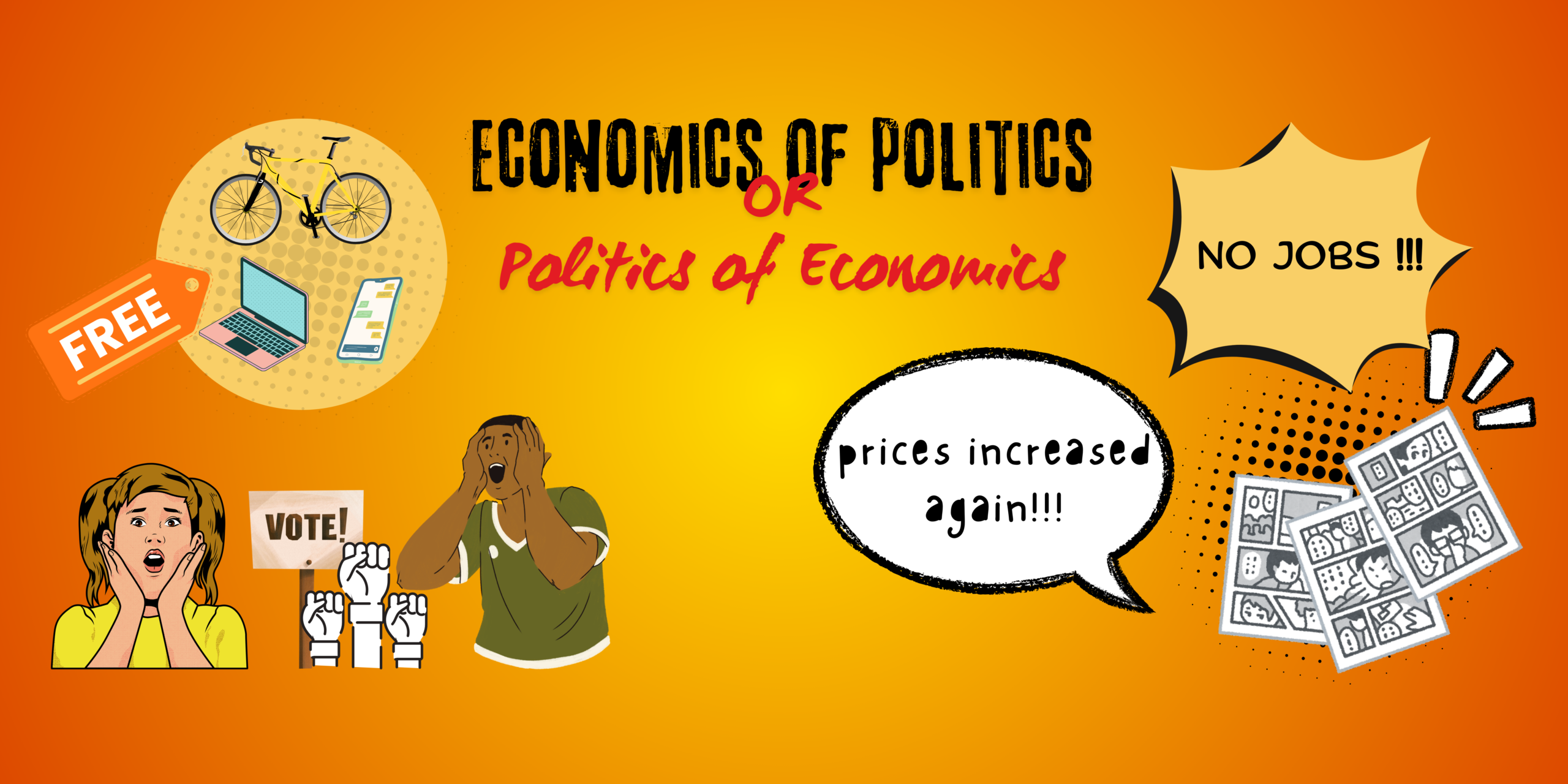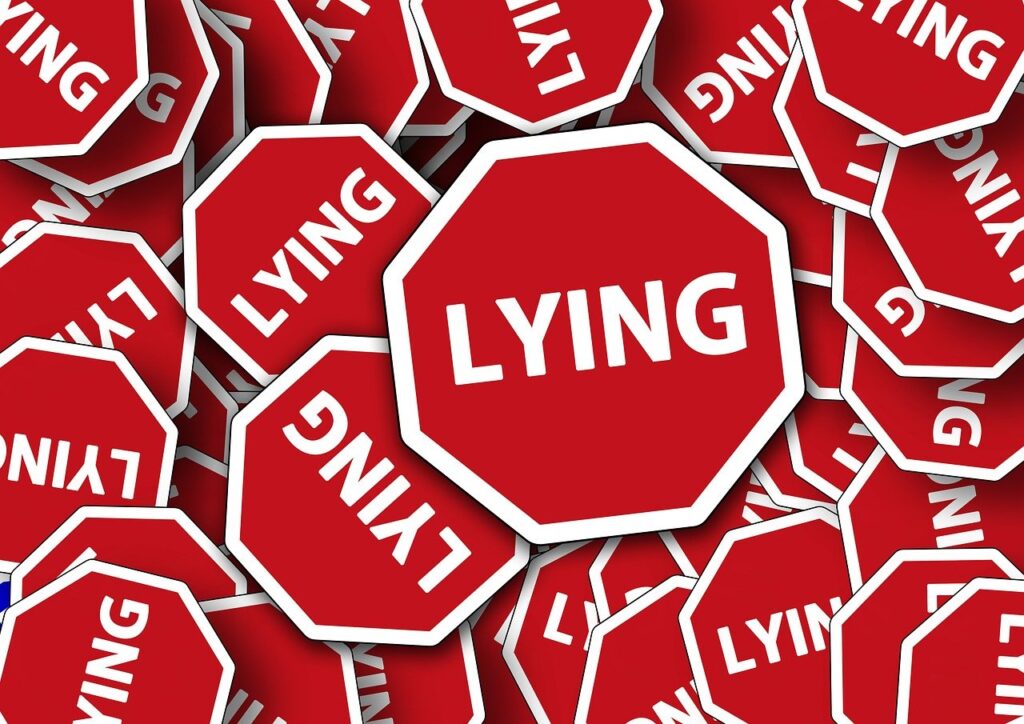
Introduction
In democratic societies, the decisions made by governments impact every aspect of our lives, from education and healthcare to the economy and social equality. Policies like freebies and reservations, which promise immediate benefits to specific groups, often come with long-term costs and challenges. These policies can burden the economy, worsen inequality, misdirect resources, and sometimes even be manipulated for political gain.
Understanding these complexities isn’t just about politics; it’s about understanding how these decisions affect us personally. By becoming more politically aware, we can better understand these policies, their impacts, and how we can influence them. This discussion aims to explore why it’s essential to be politically aware in a democratic society, and how it can empower us to make informed decisions and shape a better future for ourselves and our communities.
The Problems with Freebies and Reservations
Freebies and reservations, while intended to provide immediate benefits to certain groups, often create more significant economic and social problems in the long run:
1. Economic Burden:

Promises of free goods and services and reservations in jobs and education impose a significant economic burden on the state. These policies require substantial funding, leading to increased public debt and higher taxes on middle-income households, who often bear the fiscal burden.
- Public Debt and Fiscal Burden
When governments promise free goods and services, such as free electricity, healthcare, or education, they must allocate substantial resources to fund these initiatives. This allocation often leads to increased public debt as governments borrow to finance these programs. Over time, the interest payments on this debt further strain government finances, diverting resources from other essential public services.
According to a report by the OECD, countries that heavily subsidize public services often face higher levels of public debt and reduced fiscal flexibility, which can hinder long-term economic growth (Deficit and debt of general government and public sector). - Impact on Middle-Income Households
Middle-income households typically bear the brunt of funding these policies through higher taxes. As governments seek to cover the costs of freebies and reservations, they often increase taxes on middle-income earners who are less likely to benefit directly from these programs. This can create a burden on families striving for economic stability and can reduce their ability to save and invest in their own futures.
Another research from the OECD indicates that higher taxes can stifle economic growth and reduce incentives for middle-income households to work and invest (Under Pressure: The Squeezed Middle Class ; Is the German Middle Class Crumbling? Risks and Opportunities). - Long-Term Sustainability
The sustainability of these policies is also a concern. As populations grow and age, the demand for public services increases, placing additional strain on government budgets. If not managed carefully, the burden of funding freebies and reservations could lead to economic instability and hinder future generations’ access to essential services (Universal Basic Income is Not a Solution to Inequality).
2. Exacerbating Inequality:

Instead of addressing the root causes of inequality, freebies and reservations can exacerbate it by:
- Creating Dependency
Continuous reliance on freebies can create a culture of dependency, discouraging self-sufficiency and long-term economic growth. When individuals and communities become dependent on government handouts or subsidies, they may lose the motivation to innovate, invest in their own skills, or seek sustainable employment opportunities. This can perpetuate cycles of poverty rather than empowering individuals to break free from them.
For example, studies from the World Bank and various development economists have shown that prolonged dependence on social welfare programs can reduce the incentive for individuals to seek employment and can lead to reduced economic mobility (Aid dependency and quality governance). - Distorting Market Mechanisms
Reservations in jobs and education can distort meritocracy and market efficiency, leading to inefficiencies and reduced productivity. By prioritizing quotas over merit, these policies may place less qualified individuals in positions that require higher levels of skill or education. This can lead to a mismatch between job requirements and the skills of the workforce, reducing overall productivity and economic output.
According to research from the International Monetary Fund (IMF), policies that prioritize merit-based systems tend to produce more efficient market outcomes and foster higher levels of economic growth (What is inclusive growth). - Impact on Economic Mobility
The Centre for Civil Society highlights that reservations can perpetuate inequality by reducing economic mobility and hindering overall growth. When individuals are granted access to resources or opportunities based solely on criteria such as caste or socioeconomic status, rather than merit, it can restrict their ability to climb the economic ladder. This can create a scenario where those who are already advantaged continue to benefit while those who are disadvantaged face barriers to upward mobility.
Research from the economic and social research institute, has shown that policies that prioritize merit-based systems tend to produce more efficient market outcomes and foster higher levels of economic growth (ECONOMIC CHANGE SOCIAL MOBILITY AND MERITOCRACY: REFLECTIONS ON THE IRISH EXPERIENCE).
3. Misallocation of Resources:

Freebies and reservations often lead to a misallocation of resources, diverting funds away from critical infrastructure, education, and healthcare that could benefit a broader segment of the population.
- Impact on Critical Infrastructure
Governments have limited financial resources, and when funds are directed towards freebies and reservations, they often come at the expense of investments in critical infrastructure such as roads, bridges, and public transportation. This can hinder economic development and reduce the overall competitiveness of the economy.
Research from the International Monetary Fund (IMF) suggests that investments in infrastructure can significantly boost productivity and economic growth, making it a vital component of sustainable development (IMPORTANCE OF INFRASTRUCTURE GOVERNANCE). - Education and Healthcare
Investments in education and healthcare are crucial for the long-term prosperity of a nation. However, when resources are diverted to fund free education or healthcare for specific groups, it can reduce the quality and availability of these services for the broader population. This can perpetuate inequalities in access to quality education and healthcare.
Studies by the World Health Organization (WHO) emphasize the importance of equitable access to education and healthcare to promote social development and economic growth (Health systems and policy analysis). - Economic Efficiency
Allocating resources based on merit rather than quotas ensures that they are used efficiently. When resources are allocated through reservations, it may lead to inefficient outcomes as the most qualified individuals might not be selected for positions or opportunities. This can hinder overall economic efficiency and productivity growth.
4. Political Manipulation and Misleading Claims

Politicians often manipulate statistics and make misleading claims to garner support for freebies and reservations. For example:
- Selective Use of Numbers
Politicians frequently highlight statistics in a way that misrepresents reality to emphasize the positive aspects of their policies. For instance, they might claim “1 million beneficiaries of free utilities” without discussing the economic burden or opportunity cost associated with providing these utilities for free. By focusing solely on the number of beneficiaries, politicians can obscure the broader economic implications and potential drawbacks of their policies.
Research from the Pew Research Center and other non-partisan organizations has shown how selective use of statistics can influence public opinion and policy decisions, shaping public perception without providing a complete picture of the issue (Views U.S. economic inequality). - Cherry-picking Data
Politicians also engage in cherry-picking data by selectively presenting information that supports their narrative while ignoring contradictory evidence. For example, they might highlight success stories or positive outcomes of their policies while downplaying or ignoring instances where those policies have failed or had negative consequences.
In their reports on studies that try to find correlation between ‘ intrinsic motivation and test performances’, Brookings Institution highlights how cherry-picking data can mislead the mass population about the actual impact of policies, creating a distorted view of their effectiveness and consequences (Report on American Education). - Impact on Public Perception
The manipulation of statistics and misleading claims can have significant consequences for public perception and trust in government. When politicians manipulate data to support their agendas, it can erode public trust and undermine the credibility of government institutions. This can lead to skepticism about the efficacy of policies and reduce citizen engagement in the political process.
A podcast conducted by University of Pennsylvania, highlights how statistics can be misused to create false perceptions about certain events and scenarios (The Use-and Misuse of statistics).
Conclusion
In conclusion, the discussion around policies like freebies and reservations highlights the critical need to become politically aware in a democratic environment. These policies, while offering immediate benefits, often bring long-term costs and challenges such as economic burdens, exacerbated inequality, and misallocation of resources. Moreover, they are susceptible to political manipulation.
Being politically aware is essential in a democratic society because it enables citizens to evaluate policies critically, understand their implications, and hold elected representatives accountable. It empowers individuals to actively participate in civic and political processes, shaping policies that are economically sustainable, promote social equity, and ensure transparency and accountability in governance.
By staying informed and engaging in discussions and decision-making, citizens can contribute to safeguarding democratic principles and ensuring that public policies benefit the broader population. This involvement not only helps in understanding issues and policies but also in advocating for rights, making informed choices, and contributing to societal well-being.

